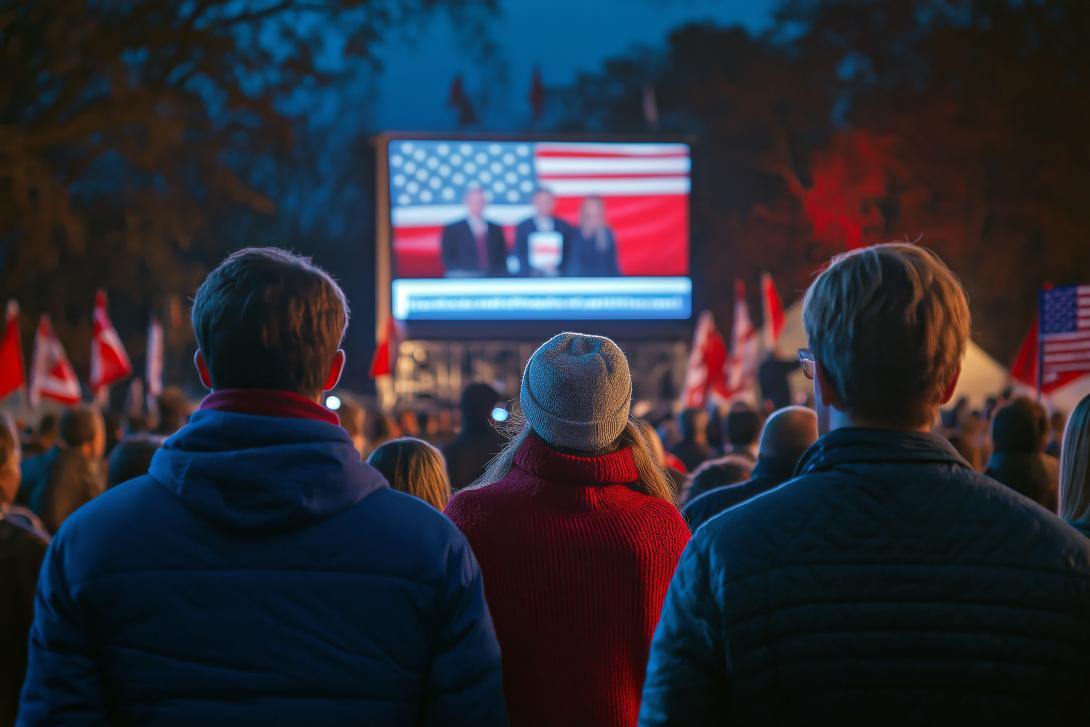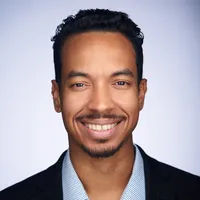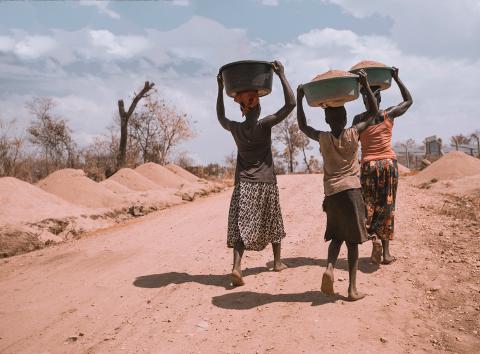
Adobe Stock
This article originally appeared in the Braver Angels newsletter on November 10, 2024.
I was looking at my Twitter feed (well, it’s X now, isn’t it?) on Friday. I was making my way back to Los Angeles after speaking to a group of BridgeUSA students at the University of Arkansas about the 2024 election, the work of Braver Angels, and our shared movement to bridge the divide.
As I looked at my phone, I saw a tweet from an activist sharing some personal information with the world. She had just ended a friendship of 13 years with someone because of how they voted this past Tuesday. Yes, this person had once been important to her, she said. But it was more important to choose justice, truth, and morality over her friend.
This activist had done precisely the opposite of what I had just encouraged the students in Arkansas to do. I had just encouraged this classroom full of young people to hold fast to their relationships with friends and relatives with whom they disagreed about politics. Of course, BridgeUSA students represent a part of Gen Z who generally reject the demonization and demagoguery in our politics on both sides.
During my talk, a Turning Point USA chapter leader with a Make America Great Again hat bemoaned polarization and shared with the class that he had been slapped once on their very campus by an environmental activist for something he had said on energy policy.
“But how can you not feel like slapping someone after this?” Another student cut in, silencing the soft tones of sympathy emanating from the other students toward the Trump-supporting activist. “I’m sorry. I would never slap you or call you a Nazi,” she continued. “But people’s lives were on the line in this election. How can we expect people to prioritize civility and getting along when the stakes are so high?”
Her point is well taken. At Braver Angels, we stress the importance of social trust and relationships because democracy does not work without them. Furthermore, our individual quality of life is dependent upon the health of the relationships that we have with the people in our lives. Cutting off family and friends who we have loved and who have loved us is not a recipe for mental health. But who can argue that watching your country descend into injustice—should this be how you feel—does not require you to take a stand against those whose politics would enable it, regardless of how much affection you might have had for them in the past?
The choice this Twitter activist made to remove her friend from her life was a principled one. Yet no less a scholar and activist than Professor Cornel West—himself an Independent candidate for president and one of the most progressive voices in American politics—spoke not long ago about conservative Supreme Court Justice Clarence Thomas in a way that strikes a different balance:
"Brother Clarence has always been my political foe and my ideological enemy. There’s no doubt about that. But I can still stay in contact with his humanity, I can be concerned about his loved ones and family, and we clash. And people say, ‘Oh brother West, [Thomas] just pushed through legislation that's taking back the rights of women.’ I say, ‘I know. That’s why I hit the streets. That’s why I defend reproductive rights. … But he is deeply a sincere right-wing brother. … In the Black community, we’ve always had conservative folk. They’ve been part of the community.'"
I do not blame people who, in moments such as this, feel the need to remove certain people from their lives. The stakes of politics are high enough to justify this. We should not look down on people for feeling tempted towards this choice. And we should not be ashamed of ourselves for feeling such temptations even at Braver Angels.
Yet still, we must remember that the higher road calls upon us to speak truth to power and truth to our friends, even while remembering that our friends and family are still people we love and that democracy is not served by destroying our own opportunity to influence the people we may disagree with for the better (or be influenced by them should they have truths to speak that we need to hear).
Let us make space for one another’s pain and frustrations. Let us be gracious in victory and defeat while understanding the agony of those who are not.
And though it may take time for some of us, let us recommit ourselves to showing America that it is possible to oppose each other’s politics while still remaining true to one another—for the sake of democracy and for the sake of ourselves.
There is no healing to be had in America without the balm of friendship. Let us be brave enough to hold on to it.













